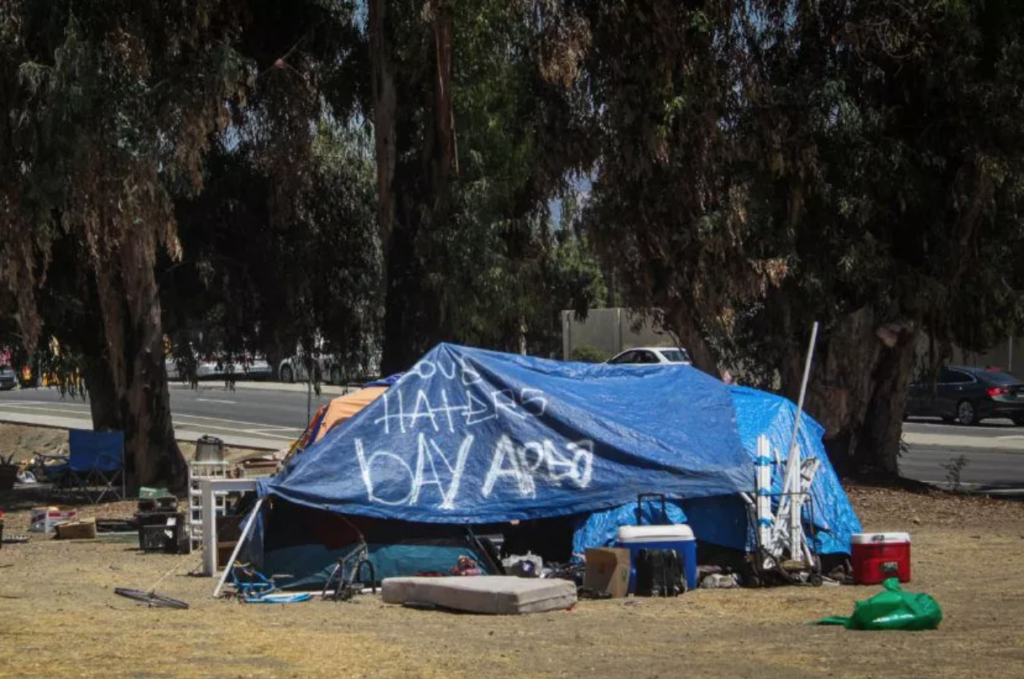By: Mayor Matt Mahan
This article originally appeared in the Mercury News
Some say we don’t have enough money to build sufficient shelter. That is not true
After the 1906 earthquake, San Francisco quickly constructed over 5,600 cottages to house those made homeless by the catastrophe. City leaders didn’t say “a cottage isn’t good enough” or “someone else is to blame” or, worse, “this is unsolvable.”
They recognized that in an emergency, you take emergency action — such as building simple, decent shelters for everyone affected.
They placed these cottages on public land and then, as the emergency ebbed, residents were allowed to relocate them. They were the first homes for thousands of families. You can still find them across the region.
We’ve seen elected officials offer excuse after excuse for our state’s failure to adequately address homelessness. We’ve blamed the courts, we’ve blamed the cost of building housing, and we’ve blamed the homeless.
It’s time for the blame game to end. It’s time California created safe, decent and affordably constructed shelter for everyone — and then required those sleeping outdoors to use it. It’s time to bring back the “earthquake cottage” solution to address this emergency.
We’ve seen political leaders express frustration with the ruling in Boise v. Martin — a 9th Circuit Court decision that requires local governments to allow residents to camp outside so long as these residents are not breaking other laws and there is no shelter option available to them.
While the frustration is understandable, it’s worth remembering that Boise does not prevent local governments from closing encampments — our lack of action does.
Under Boise, we can prohibit encampments, requiring homeless people to come in from our streets, creeks and parks and into safe shelter as long as that shelter is available.
Some say we don’t have enough money to build sufficient shelter. That is not true.
We don’t have the money to build enough “affordable” housing units at the nearly $1 million per door local governments pay now. But we do have the resources to build secure individual cottages, casitas or safe sleeping units on public land. In San Jose we are building these units at a fraction of the cost and time required by traditional approaches.
With scale, California can lower costs further and build faster by buying units in bulk, using modular construction and placing them on our vast public lands.
These temporary villages are safe, decent alternatives with doors that lock, showers, restrooms, kitchens and other on-site services.
And these “quick-build” projects work. Over the past year, our unsheltered homeless population dropped 11%. Across all of our quick-builds, we see 50% of residents “graduate” to permanent housing, and 70% remain indoors.
This is a “Housing First” approach. You can find well-constructed backyard cottages for less than $50,000 on Amazon. Elon Musk is said to be satisfied with the one-room cottage he calls home in Texas. If it is good enough for your grandmother living in the backyard or a billionaire — why isn’t it good enough for those suffering on the streets?
Certainly we need to expand our affordable housing supply. We also need to provide in-patient mental health and addiction treatment for everyone who needs it. These are critical, but multi-decade projects that should not be prerequisites for getting people indoors now.
Since taking office, I’ve participated in community cleanups nearly every weekend. The artifacts of human misery are everywhere — trash, needles, human waste. People lack access to basic hygiene, which has serious health implications and deprives people of dignity. And we know that homeless neighbors are being robbed, raped and victimized regularly.
The burden is also on our civic finances — with each homeless resident requiring up to $65,000 in emergency room visits, 911 response and trash removal per year, not to mention the impact on small businesses and other neighbors.
The answer is in our history books — and right in front of us. Build low-cost shelter now on public land and then require that everyone live indoors.
Matt Mahan is mayor of San Jose.


